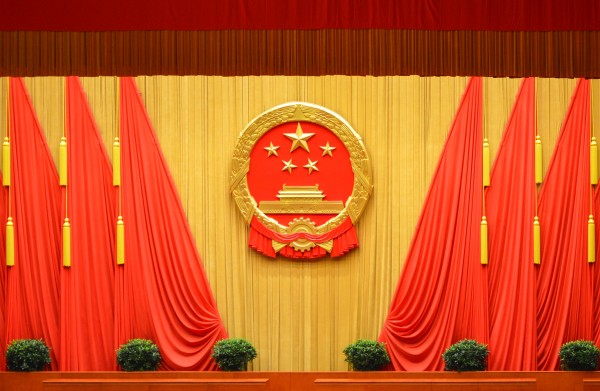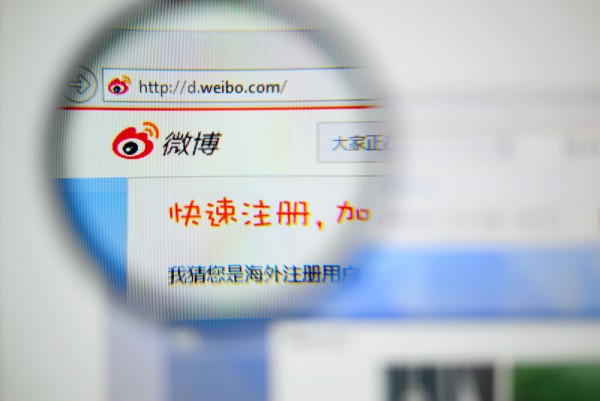His Excellency José Manuel Barroso
President of the European Commission
European Commission
200 rue de la Loi
1049 Brussels
Belgium
Fax: (+ 322) 295 01 38
Vienna, 16 June 2005
Your Excellency,
The International Press Institute (IPI), the global network of editors, media executives and leading journalists in over 120 countries, is writing to express its concern at the European Union’s (EU) on-going failure to publicly and consistently criticise the People’s Republic of China (PRC) for its gross violations of press freedom and freedom of expression.
In recent months, IPI has watched with growing alarm as members of the EU have openly discussed the removal of an arms embargo on the PRC imposed following the 1989 Tiananmen Square massacre. Although it is unlikely that the embargo’s removal, which requires the consent of all 25 EU member states, will happen soon, IPI is deeply dismayed that discussion on such matters appears to be occurring in a vacuum without reference to China’s appalling record on human rights.
Moreover, a recent trade deal between the EU and the PRC curbing textile exports, as well as the fact that the PRC is a partner with the EU in global positioning technology that may be used in a guided missile system, is a sign that, at present, the relationship between the two is firmly centred on trade.
Based on the above, it is clear that the EU is pursuing a policy of economic “engagement,” one that contrasts sharply with the approach of the United States (US), which has said it wishes to follow a policy that includes frank discussion and criticism of the PRC’s stance on human rights.
With this in mind, IPI supports the position of the US with regard to the PRC and believes that a policy of so-called “engagement” should not be allowed to undermine the struggle to force the country to introduce greater rights and freedoms, including freedom of the press and of expression, to its citizens.
IPI would kindly remind Your Excellency that during the prolonged discussions on the arms embargo and trade deal, a number of journalists in the PRC have suffered at the hands of the administration. There have also been further attempts by the PRC administration to clamp down on access to the Internet.
According to the Independent Chinese Pen Center (ICPC), on 12 April, Chen Yanbin, co-editor of the dissident Tielu was released after spending 14 years and seven months in jail for allegedly “spreading counter-revolutionary propaganda” and “incitement to rebellion;” however, he has been deprived of his civil and political rights for the next four years. On 18 April, dissident journalist Liu Jingsheng was prevented from holding a press conference. Liu was released from prison in November 2004 after serving more than 12 years after being convicted in a secret trial of so-called “counter-revolution;” on release he was denied his political and civil rights for 30 months.
Other journalists, such as Zheng Yichun, an Internet writer and poet, remain in prison. Yichun was tried on 3 December after writing articles critical of the current administration. Members of his family have so far been barred from visiting him in prison. More recently, on 22 April this year, a Straits Times journalist was detained on charges of spying.
Elsewhere, the government is pressuring blogs and websites to apply for licences; those failing to do so will be closed down. The government has also apparently managed to convince multinational companies to work in concert with them to restrict Internet access.
In a globalised world, the spread of individual freedoms, such as press freedom, should not be constrained by barriers, and the EU must work alongside other global institutions to find a way of removing the glaring disparity that currently exists in the world with regard to these fundamental rights.
Furthermore, while IPI accepts the principle that economics and business are fundamental to the continued success of the EU, they cannot be pursued to the detriment of individual human rights elsewhere in the world.
Therefore, IPI feels that a powerful inter-governmental institution such as the EU must have a clear and unambiguous policy towards such abuses in the PRC. IPI notes that, according to newspaper reports, discussions are to take place between the EU and the US on fashioning a joint approach to the PRC. When doing so, IPI appeals to the EU to assist in devising an approach that places renewed pressure on the PRC to uphold individual freedoms, such as press freedom and freedom of expression.
A failure to do so will be a distressing sign that, in the eyes of those who shape policy in the EU, economic trade is to be valued above support for those who struggle so hard in the PRC to make it a more open and democratic society.
We thank you for your attention.
Yours sincerely,
Johann P. Fritz
Director


